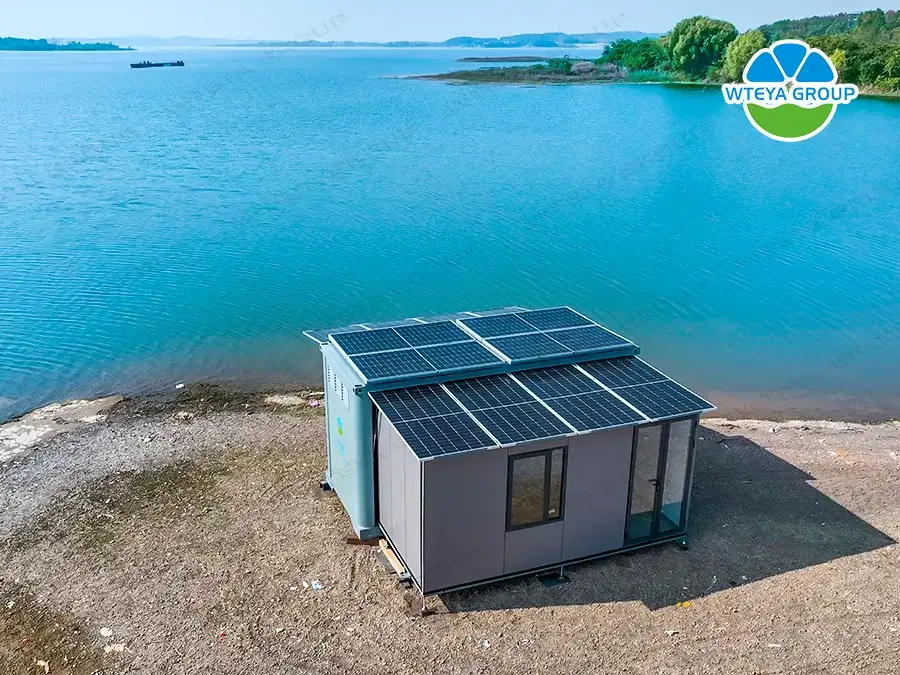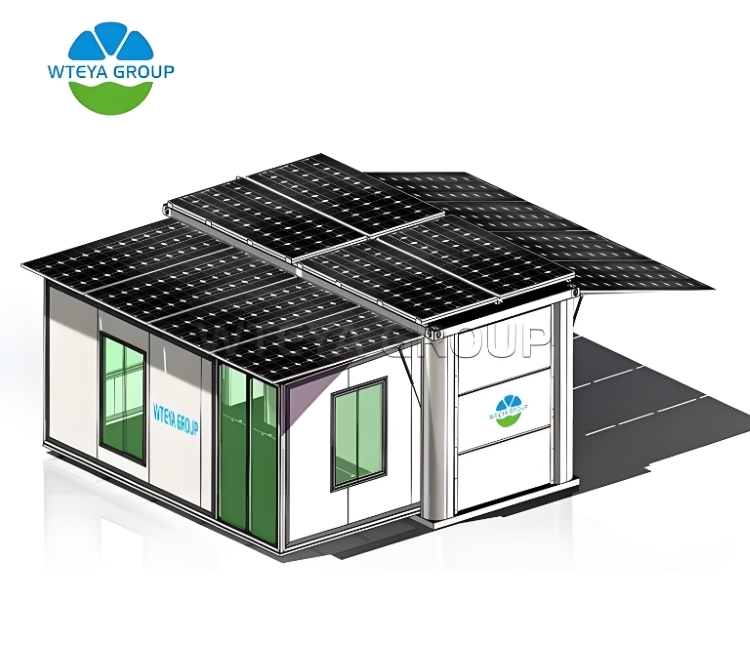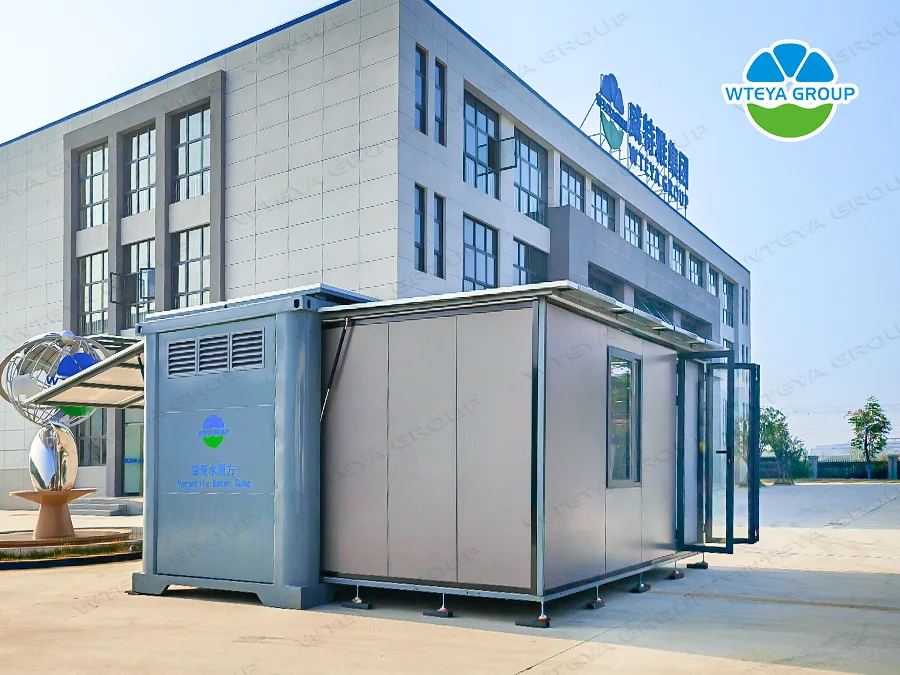Solar-Powered Sewage Treatment Plants: Dual-Purpose Photovoltaic, Fearless of Rainy Weather
Introduction to Solar-Powered Sewage Treatment
Solar-powered sewage treatment plants are reshaping the way communities tackle wastewater management. With an innovative integration of dual-purpose photovoltaic technology, these systems not only manage sewage treatment but also harness renewable energy to minimize operational costs. Designed to operate even during inclement weather, they offer a resilient and sustainable solution for both urban and remote areas.
Product Highlights: Dual-Purpose Photovoltaic System
One of the defining features of these advanced sewage treatment plants is the dual-purpose photovoltaic system. This system is designed to absorb and convert sunlight into electricity for sewage processing, drastically reducing dependency on traditional energy sources. During clear days, photovoltaic panels capture abundant solar energy, but even during cloudy or rainy weather, the system is designed to function smoothly due to its high-efficiency solar cells and energy storage capacity.

User Pain Points and Solutions
Sewage treatment facilities often struggle with high operational costs, environmental impact, and continuity during adverse weather conditions. Solar-powered systems tackle these challenges by:
Reducing Operational Costs: Solar energy is a cost-effective alternative to conventional power, offering substantial savings on utility bills.
Eco-Friendly Waste Management: By utilizing solar energy, these plants significantly cut down their carbon footprint, addressing environmental concerns.
Weather-Resistant Functionality: Equipped with energy storage, these plants continue operating seamlessly, irrespective of weather changes, ensuring reliability even in regions with inconsistent sunlight.
Application Areas
These solar-powered sewage treatment plants are versatile and can be implemented in various settings:
Urban Municipalities: Ideal for reducing city utility costs and environmental impact.
Remote and Rural Areas: Perfect for off-grid communities with limited access to power infrastructure.
Industrial Facilities: Suitable for industries with high wastewater output looking to minimize their energy expenses and environmental impact.

Product Advantages: Sustainability Meets Efficiency
Energy Efficiency: Using solar energy as the primary power source ensures long-term savings, reducing dependency on non-renewable energy and lowering operational expenses.
Low Carbon Footprint: Solar-powered sewage treatment aligns with global sustainability goals, reducing greenhouse gas emissions associated with wastewater management.
Maintenance Savings: These systems have fewer moving parts compared to traditional plants, resulting in lower maintenance costs over time.
Design Highlights: Built for All Weather Conditions
The design is optimized for all-weather performance:
High-Performance Photovoltaic Panels: Made with advanced materials that increase energy absorption, even in low-light conditions.
Energy Storage Solutions: Integrated battery systems allow energy storage during peak sunlight hours to power the plant at night or during cloudy periods.
Durable and Resilient Construction: Built with corrosion-resistant materials, these plants are built to last in diverse climates, with minimal need for repairs or replacements.

Product Value: Sustainability, Reliability, and Economic Savings
By investing in solar-powered sewage treatment, municipalities, industries, and communities gain:
Long-Term Savings: Reduced power consumption translates to lower utility bills, which can lead to significant savings over the plant’s lifespan.
Reliable, Round-the-Clock Operations: Energy storage enables 24/7 operation, critical for wastewater management facilities.
Enhanced Community Image: By adopting eco-friendly technologies, companies and municipalities demonstrate their commitment to sustainability, enhancing their reputations.
Conclusion
Solar-powered sewage treatment plants with dual-purpose photovoltaic technology provide a sustainable, cost-effective, and reliable solution for modern wastewater management. Ideal for diverse applications, from rural off-grid areas to large urban municipalities, these systems contribute to a cleaner environment, reducing costs while delivering consistent performance. Their all-weather resilience and long-term economic benefits make them an essential investment in the future of sustainable infrastructure.







